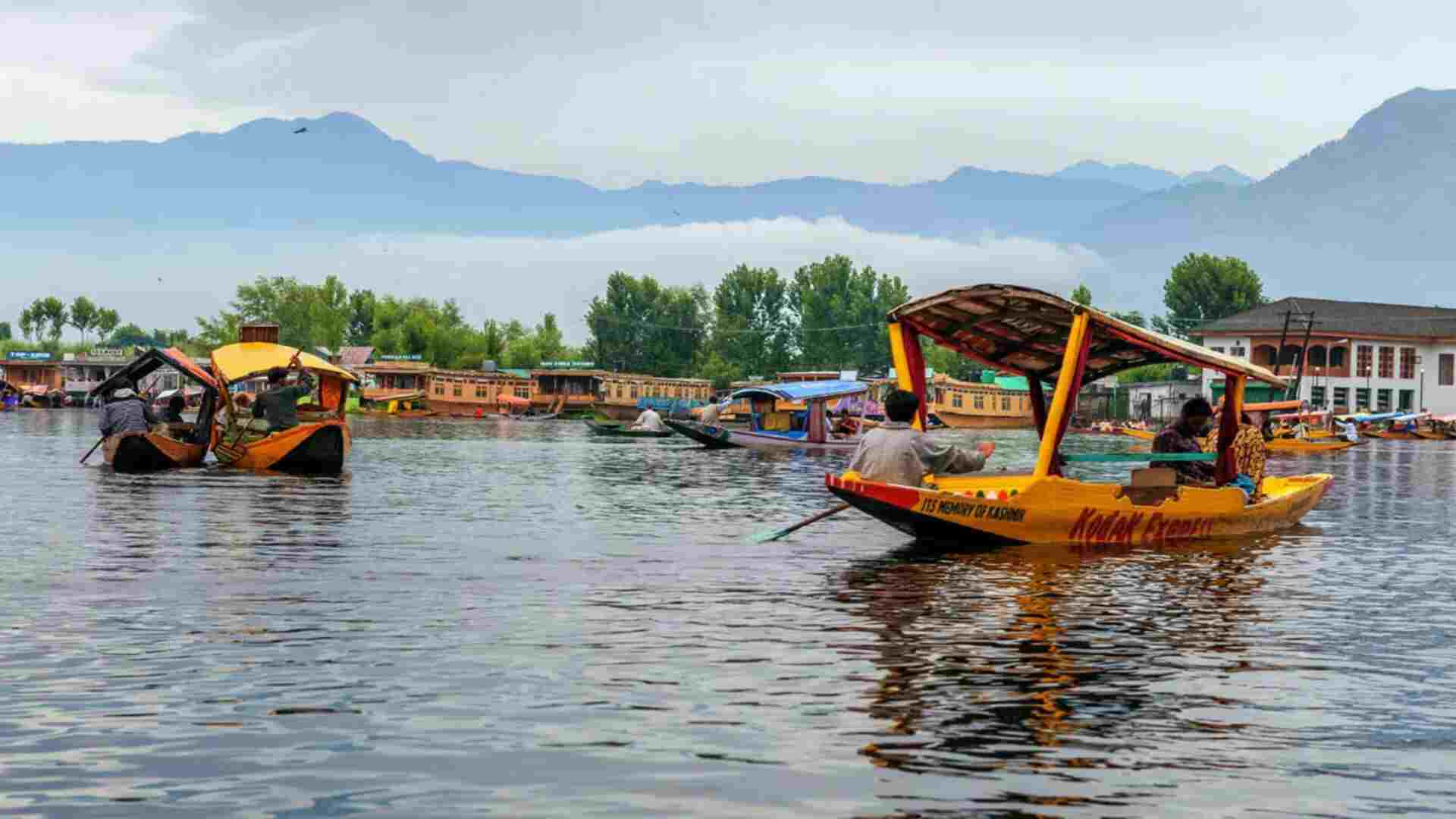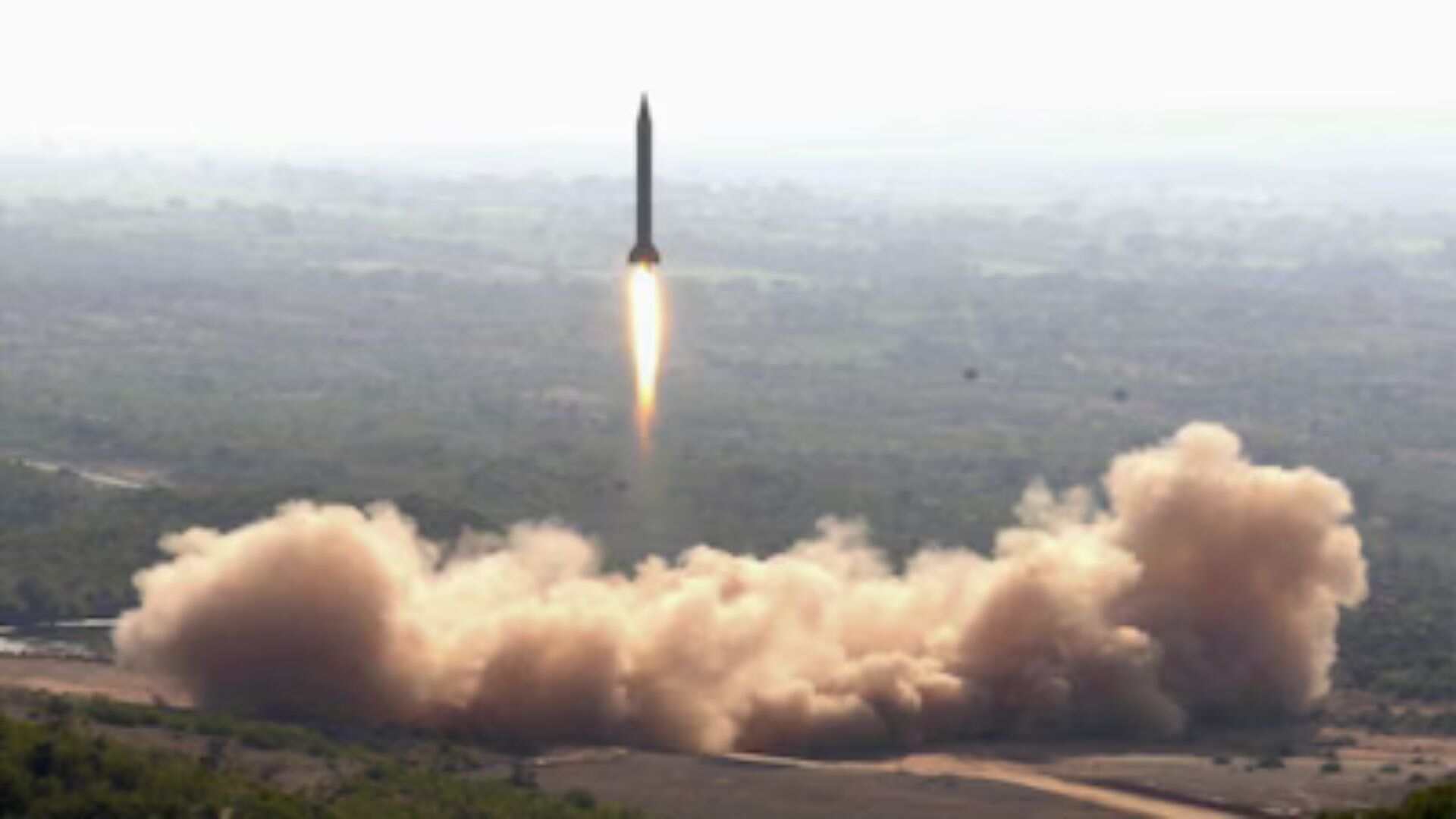
Kashmir captivates with its stunning vistas and deep cultural heritage, drawing tourists globally. Yet, amid its tourist fame lies an overlooked economic strength: a robust ecosystem of small and medium enterprises (SMEs) waiting to be recognized.
Nestled in the Himalayas, Ookhu in Pulwama, Jammu and Kashmir, is India’s pencil village. It’s renowned for supplying pencils nationwide, surpassing China and Germany in craftsmanship and industry.
Their willow bat’s acclaim in national and international cricket tournaments has highlighted its superior quality and performance. These showcase fine craftsmanship, and the success story reflects the region’s thriving small-scale industries, driving innovation and economic growth. The wood carving and furniture industry is thriving, with skilled craftsmen turning ordinary items into art and furniture using vibrant colors. They excel at using walnut and cedar trees to create beautiful pieces.
These SMEs not only boost the region’s economy but also highlight its diverse range of products on the global stage. Let’s explore Kashmir’s economic perspective, looking beyond tourism to sectors driving growth, creating jobs, and preserving unique manufacturing traditions.
The Kashmir region is known for its exquisite crafts, including handwoven shawls and intricate papier-mache artifacts. Local artisans take pride in their skills, creating a wide range of products.
The SME industry in the region showcases artisanal products and renowned culinary delights like the traditional Kashmiri wazwan, reflecting the area’s rich heritage. The variety of food includes favorites like kahwa, crafted from exotic herbs from the lush meadows. Its food industry draws global attention with its authentic flavors. Renowned as the saffron capital, it also boasts a diverse range of agricultural products like apples, almonds, walnuts, cherries, and dry fruits, enhancing its global recognition.
The textile industry in the region is known for its high-quality woolen and silk garments, showcasing intricate designs. These garments serve as souvenirs for visitors to Kashmir and highlight the skilled workforce, contributing to the region’s unique identity.
According to the 2022-23 annual report from the Ministry of Micro, Small, and Medium Enterprises (MSME), Jammu and Kashmir had 7,09,000 registered MSMEs, indicating significant growth and a thriving entrepreneurial scene across various industries beyond just tourism.
The figures highlight SMEs’ vital role in fostering inclusive growth, addressing rural unemployment and underdevelopment, and promoting balanced economic growth. They paint a hopeful future, showcasing the region as a thriving hub of innovation and industrial development, alongside its tourist appeal.















